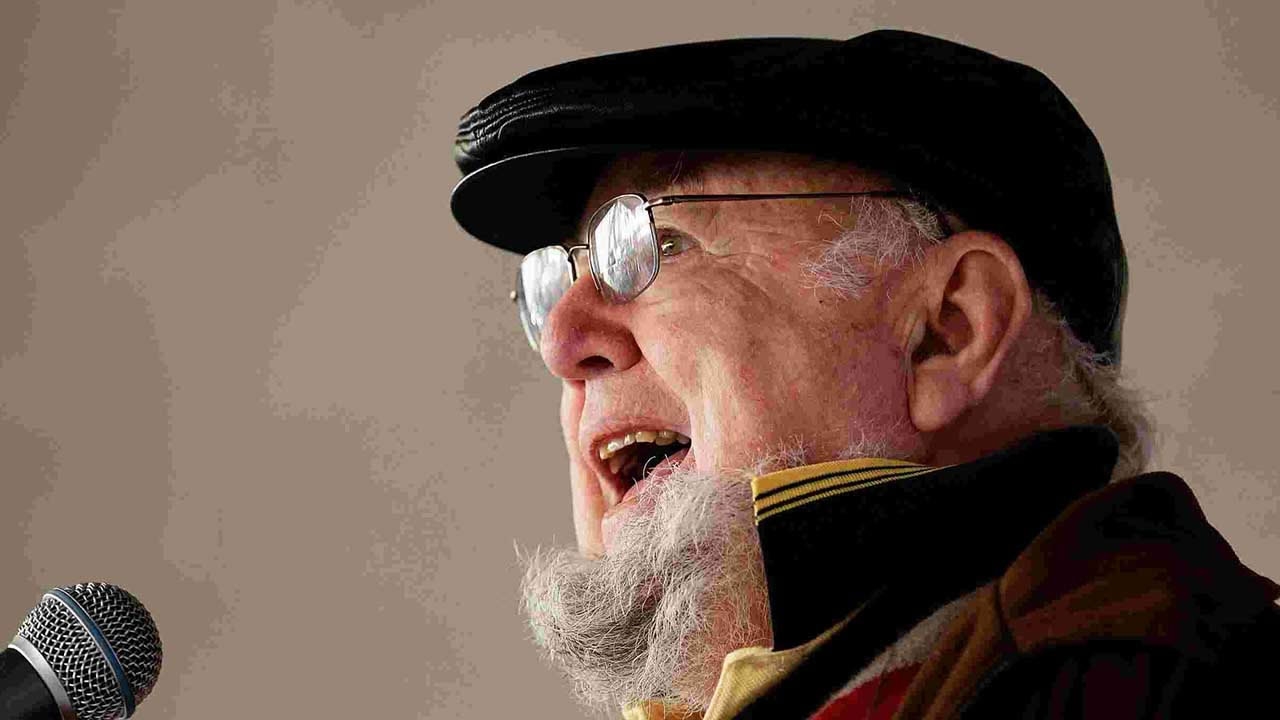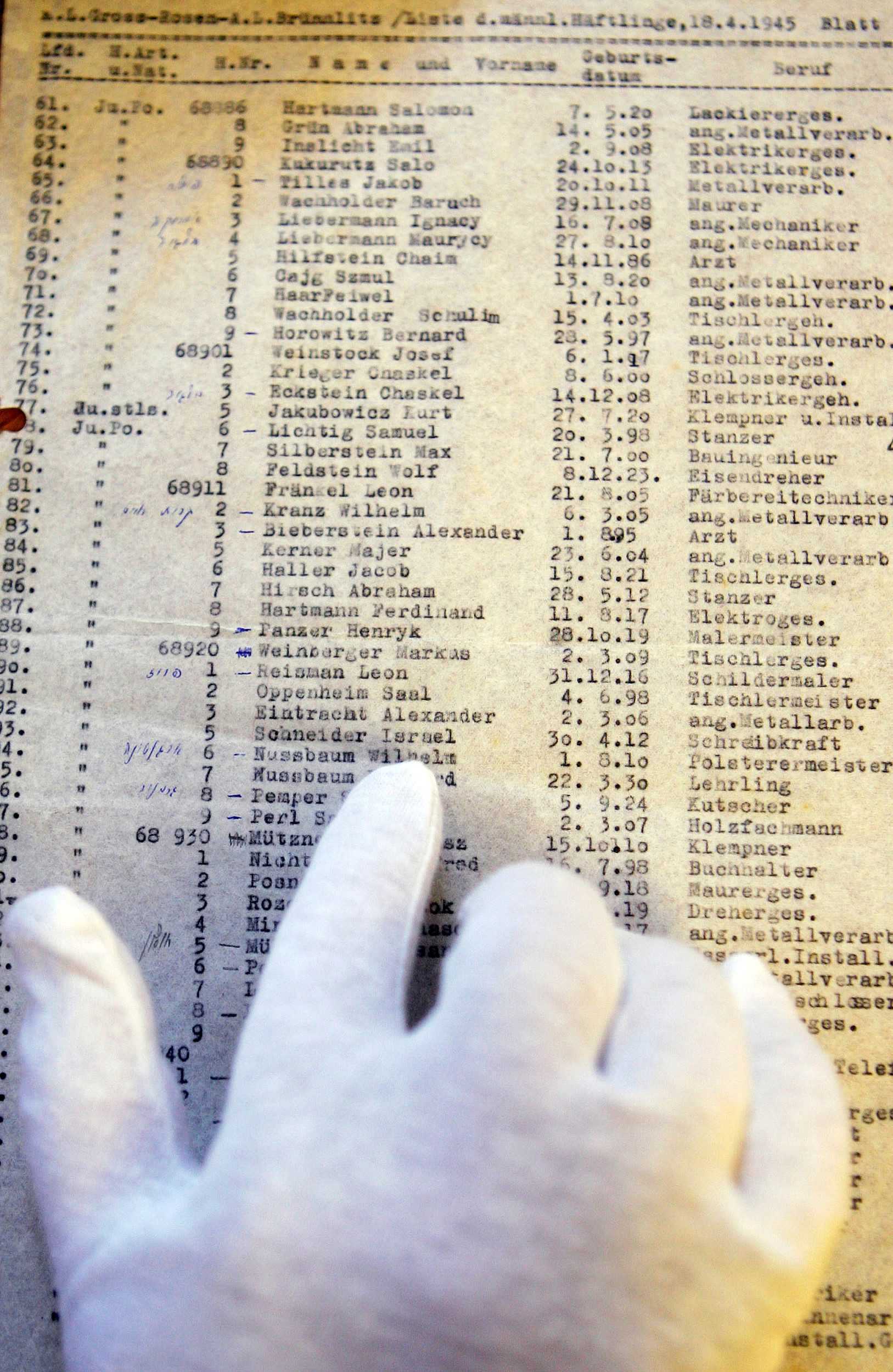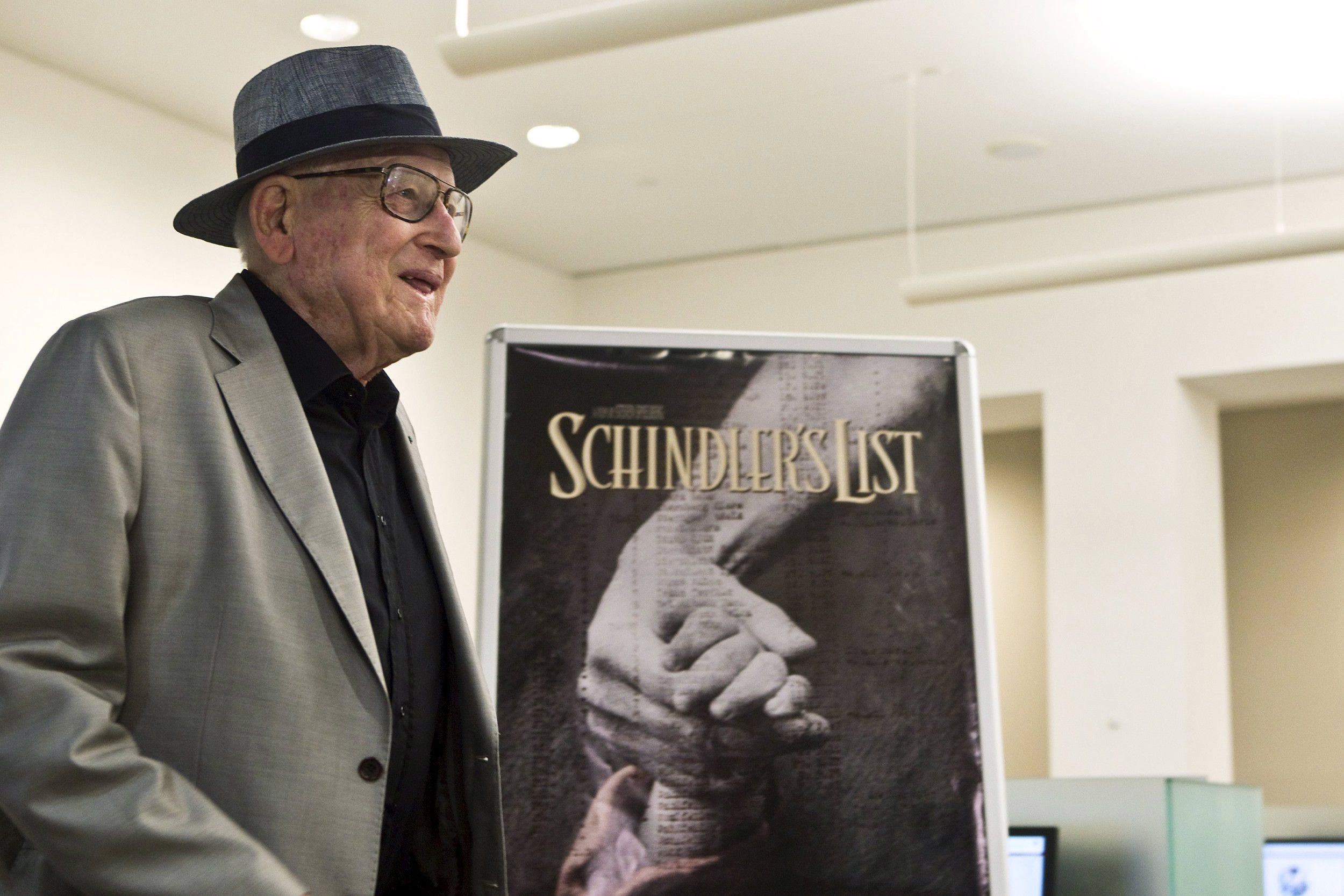
Culture & Sports
19:46, 31-May-2017
Interview with Thomas Keneally, author of 'Schindler's Ark'

By CGTN's Tian Wei, Yang Yani
A Nazi Party member turned unlikely hero after saving 1,200 Jews from concentration camps in Poland and Germany. That's the premise of “Schindler's Ark”, the best-selling novel that was later made into the box office hit, “Schindler's List”.
The author of the book, Thomas Keneally, tells us what he thinks of the protagonist, Oskar Schindler.
“He was flawed, he wouldn’t have to be revered,” says Keneally, "He was a bad husband; he used people as cheap labor, but at the same time respected the humanity of his prisoners. While he wanted to be rich, he had an amiable regard for these people.”

A 13-page carbon tupescript copy of the original Schindler's 1945 list of 801 Jewish workers is examined following its discovery by The State Library's Dr Olwen Pryke, at The State Library of New South Wales on April 7, 2009 in Sydney, Australia. /VCG Photo
A 13-page carbon tupescript copy of the original Schindler's 1945 list of 801 Jewish workers is examined following its discovery by The State Library's Dr Olwen Pryke, at The State Library of New South Wales on April 7, 2009 in Sydney, Australia. /VCG Photo
From the 1920s, the Nazi Party targeted Germany's youth as a special audience for its propaganda messages. Millions of young people were won over to Nazism as a result.
But Oskar Schindler was an exception. Instead he used his salesmanship and money to help save Jews.
Keneally explains that’s because indoctrination is often successful with quite intelligent people, but “Oskar was too much a rebel to be influenced by the conditioning.”

Croatian Auschwitz survivor Branko Lustig stands next to a poster for the film 'Schindler's List' at Yad Vashem Holocaust memorial in Jerusalem on July 22, 2015. /VCG Photo
Croatian Auschwitz survivor Branko Lustig stands next to a poster for the film 'Schindler's List' at Yad Vashem Holocaust memorial in Jerusalem on July 22, 2015. /VCG Photo
Keneally also notes that he was raised Catholic and was told that people are born with original sin. The struggle between reason and brutalism fascinated him since childhood.
“One of the reasons I want to write the book was to ask myself how I would have behaved in that situation,” says Keneally. He says couldn’t find the answer, something that scared him.
Over 60 million people were killed in World War II. “People have died in great numbers, and their deaths should be written off and the full complexity of both death and survival, of goodness and malice.” says Keneally.

SITEMAP
Copyright © 2018 CGTN. Beijing ICP prepared NO.16065310-3
Copyright © 2018 CGTN. Beijing ICP prepared NO.16065310-3